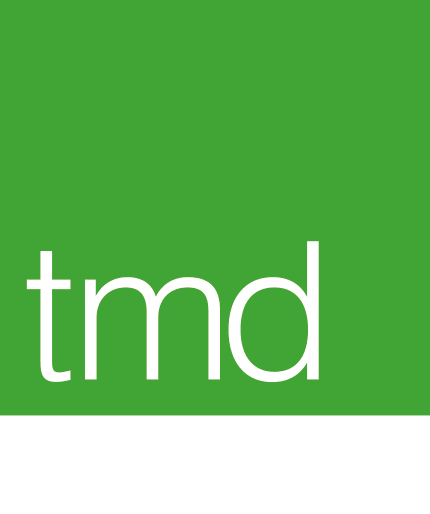Understanding the Importance of Motor Insurance

Purchasing a car is a significant feat, and it's crucial to take precautions to safeguard your vehicle from unexpected circumstances. According to the law, you must have third-party motor insurance at a minimum if you operate a car and have insurance coverage in place whether it's parked on the street, in your garage, or on your driveway.
There are various insurance categories, and vehicle insurance protects you from losses in accidents, theft, or natural disasters.
What are the different types of motor insurance?
The police can check on the spot if your vehicle is insured, using the Motor Insurance Database. If you drive more than one car, you need to take out a separate policy for each. There are three types of policy:
- Third party: in the event of an accident, covering you for damage to another vehicle, property or injury to someone else, but not repairs to your own vehicle.
- Third party, fire and theft: as well as third party cover, this includes damage to your own car by fire or theft.
- Comprehensive: as well as third party, fire and theft and repairs to your own car, this typically covers death or injury of yourself or a family member up to a set amount, belongings stolen from your car, medical or legal expenses, & hiring a replacement vehicle.
Why you need motor insurance?
The primary purpose of having motor insurance is to provide protection for both yourself and others. Medical expenses can be costly, and that's where comprehensive insurance comes in handy as it covers the cost for surgeries, hospital visits, and on some policies physiotherapy. In case of an accident, the victim(s) can sue you for injuries and damages. Comprehensive insurance may also cover legal fees which can be substantial if you're facing a lawsuit.
Other types of driver cover
Car insurance companies also offer specialist insurance to meet motorists’ individual needs, with many options, including:
- Learner driver covers you for learning to drive in your own or a family member’s car with a provisional licence (If not your own vehicle, it will protect the owner’s No Claims Discount)
- Additional drivers: It is possible to include additional drivers on your policy, such as a partner, spouse, family member, or friend, so that they are covered to operate your vehicle. However, this may result in a higher premium if the driver is young, inexperienced or has adverse driving or claims history. If an accident occurs while they are driving your car and you file a claim, it will impact your No Claims Bonus.
- Black box is a pay-how-you-drive policy designed for young or new drivers with higher premiums due to being considered a higher risk. The policy uses black box or telematics technology to assess the driver's safety score, which can potentially lower the premium at renewal.
- Pay by mile is a monthly-based cover for lower mileage drivers. You pay a monthly parked premium and then only pay for the miles you drive, which could save you money if you drive less than 6,000 miles a year.
- Classic car provides cover for public road rallies and trials, with the option for laid-up cover when the car is off-road, being restored, rebuilt or stored.
- Temporary car is a short-term policy that allows borrowing or sharing a car for up to 30 days, including business use for work-related travel.
- Electric car covers your electric vehicle, including battery cover for accidental damage, fire and theft.
Common questions
Some of the most commonly asked questions about motor insurance include:
What is the premium based on?
Your premium is determined by various factors, including your age, driving history, vehicle type and usage, previous claims, location, additional drivers, and voluntary excess.
What is an excess?
This is the amount of money you’ll be asked to pay in the event you make a claim. The higher the excess, the more it can reduce the premium.
Is driving to work classed as business use?
No. This doesn’t include driving to and from work, which is counted as commuting. It applies to people using their vehicle for work purposes, which requires a business policy.
No Claims Bonus
The cost of your insurance depends greatly on your No Claims Discount. The longer you have held insurance without making a claim, the bigger the discount you will receive on your premium. After four years of claim-free insurance, you can choose to pay extra to safeguard your No Claims Bonus. This ensures that as long as you don't make more than two claims within a certain period (usually ranging from one to three years), your discount will remain intact and your premium will stay lower.
Talk to TMD
We have over 50 years’ experience arranging motor insurance for our clients and have access to major insurers, enabling us to provide quality cover quickly and efficiently to meet your individual requirements. To find out more or arrange motor insurance, please give us a call on 01992 703 000 or email insurance@mcdonaghs.co.uk

